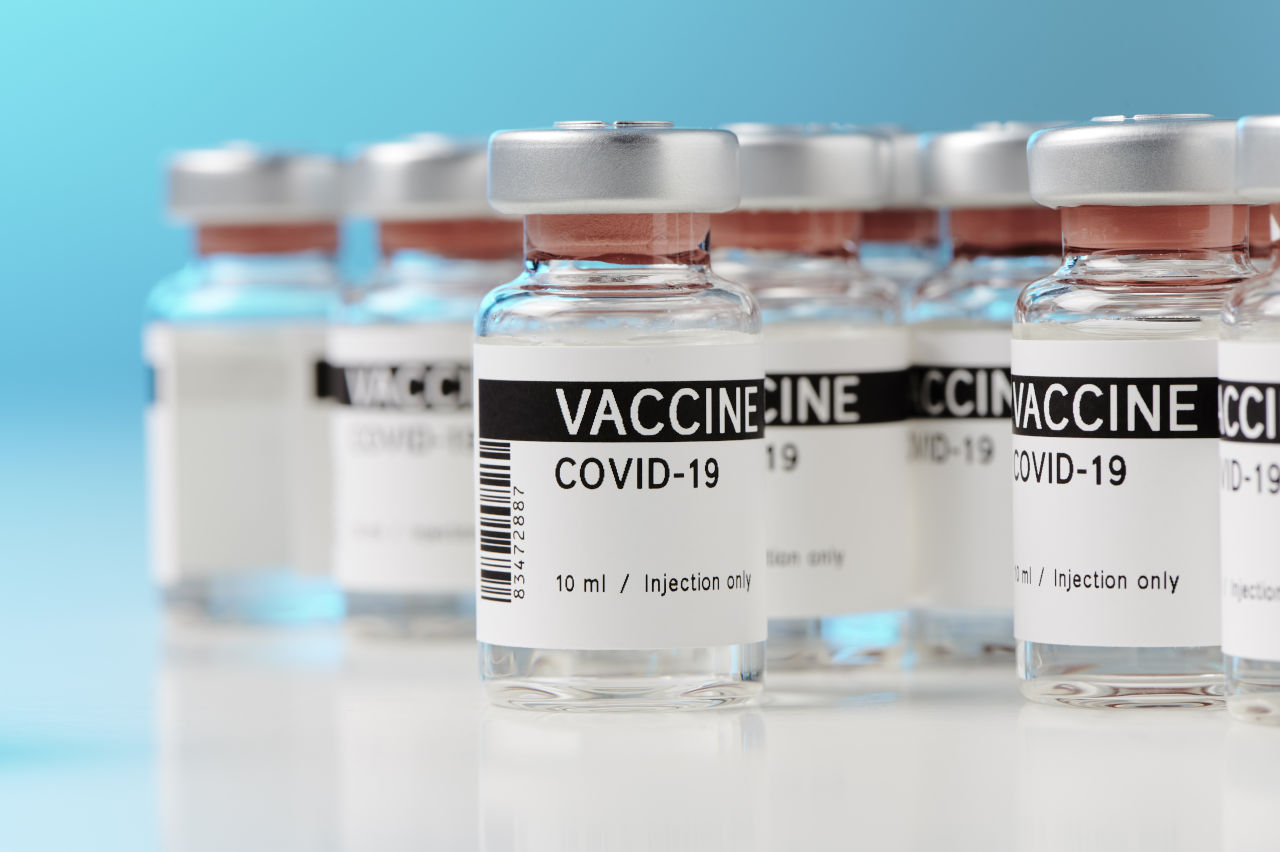Price transparency could improve the effectiveness of the vaccination campaign
In mid-December, shortly before the start of the Covid-19 vaccination campaign in Europe, Eva De Bleeker, Belgian Secretary of State for the Budget, sparked controversy by posting a tweet (since deleted) detailing the price of doses sold by six laboratories to Belgium: prices ranging from €1.78 per unit for AstraZeneca to €14.68 for Moderna.
Philippe Mahenc, University of Montpellier and Alexandre Volle, Paris Dauphine University – PSL

This publication embarrassed the European Commission, which was in the midst of negotiations for a large-scale purchase. A spokesperson quoted by the newspaper Le Monde pointed out that "all information concerning vaccine prices is covered by confidentiality," emphasizing that this is "a very important obligation and a contractual requirement."
This confidentiality clause on vaccine prices is part of a commercial strategy that disregards the interests of the population, whether or not they are consumers of vaccines, since, through the social security system, the population will ultimately pay the prices of vaccines negotiated by the State.
By concealing prices, the government and laboratories deprive buyers of the opportunity to obtain information on vaccine efficacy, as we show in our research. This secrecy increases the risk that some laboratories will engage in opportunistic behavior by setting prices that do not reflect the actual efficacy of vaccines.
The importance of independent oversight
By observing these prices, end consumers could analyze the signals they convey, potentially obtain additional information on the effectiveness of various vaccines, and ultimately learn whether or not they are victims of opportunistic strategies on the part of pharmaceutical companies.
This confidentiality may also suggest that it conceals other information about the degree of independence of certifiers or quality controllers. In a recent working paper, we analyze the strategic interaction between the price signal transmitted by an industry about the quality of its products (in the case of COVID-19 vaccination, the states) and quality control by an independent third party.
We show that, in certain cases, this control (even if imperfect) remains essential to guarantee the credibility of price signals and thus eliminate opportunistic behavior. The independence of the control is crucial in this regard. The accuracy of the control reduces the cost of price signals for the industry. In other words, we show that the presence of this control encourages the industry to improve product quality by preventing opportunistic behavior. However, if the certifier and the industry have interests that are too closely aligned, then the price signal is not credible and buyers cannot learn the exact quality of the product.
For the market price signal to be credible, the certifier must place greater importance on social welfare than on industry profits. In other words, collusion between the certifier and the industry must not be too strong, to prevent market prices from obscuring information about product quality.
A public good
Indeed, the treatment of the COVID-19 pandemic is a public good in the economic sense of the term: protecting an individual against the virus is a benefit that does not accrue exclusively to that individual, as the repercussions are beneficial to the rest of the community. The effectiveness of a vaccine is also a public good on a global scale: by increasing the chances of protecting an individual, we reduce the risk of infecting the rest of the international community.
Rather than thinking this way, states treat the pandemic as a private commodity. They buy vaccines from pharmaceutical companies that have the power to set both the price and quality of their goods. The six laboratories AstraZeneca, Johnson & Johnson, Sanofi/GSK, Curevac, Pfizer-BioNTech, and Moderna have already sold their anti-COVID vaccine variants to European states even before they know the actual quality of each variant.
Laboratories remain profit-driven companies that segment the market into different variants of the same product, for which they set the prices. By promoting the effectiveness of its vaccine, a laboratory targets a specific customer base consisting of one or more states.
This customer base is more or less captive depending on its wealth: it represents the income that governments can collect from their citizens through a social insurance system. Market segmentation allows laboratories to ease competitive pressure between themselves in order to increase their profit margins.
Even if buyers suffer as a result of the exchange, there is nothing illegal about using such strategies, as companies do not need to explicitly agree with each other to implement them. Economists refer to this competitive regime as "monopolistic" or "oligopolistic." They have long warned of the disadvantages that can be expected from it.
Market mechanisms are not enough
Let us revisit, for example, a theoretical article published by Michael Spence, co-winner of the 2001 Nobel Prize in Economics for his work on markets with asymmetric information (with Joseph E. Stiglitz and George Akerlof). The American economist shows that a monopolistic market, where companies have the power to set both the price and quality of their product, does not allow for efficient market exchange.

Niccolò Caranti/Wikimedia, CC BY-SA
The efficiency to which Spence refers is a criterion applied by a fictional "benevolent" institution that defends the general interest of economic agents, consumers as well as entrepreneurs. The objective of this institution is therefore to achieve the greatest possible social benefit. In terms of protection against a pandemic, such an institution could be the World Health Organization if it had the authority to regulate the production and distribution of vaccines worldwide.
In contrast, the logic of the company is to maximize its profit by extracting as much money as possible from its customers. By comparing this logic to that of the benevolent institution, Spence identifies deviations that highlight the inefficiency of the company.
In summary, we cannot rely on market mechanisms alone to allocate vaccines efficiently among purchasing countries. These countries cannot rely on the illusory goodwill of pharmaceutical companies. Rather than treating protection against the virus as a commodity, they would do better to consider it for what it fundamentally is: a public good.![]()
Philippe Mahenc, Professor of Economics (Environmental Economics/Industrial Organization/Agricultural Economics), University of Montpellier and Alexandre Volle, Postdoctoral Fellow at the Governance & Regulation Chair, Paris Dauphine University – PSL
This article is republished from The Conversation under a Creative Commons license. Readthe original article.